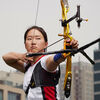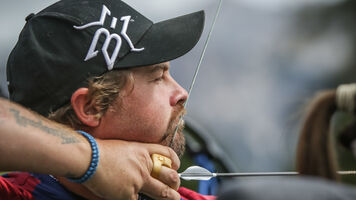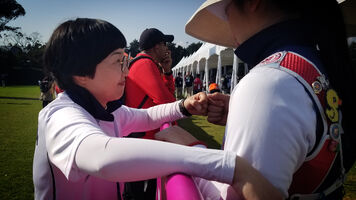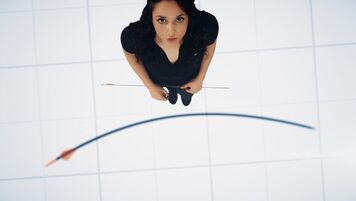Physios: The medical staff supporting the world’s best archery teams
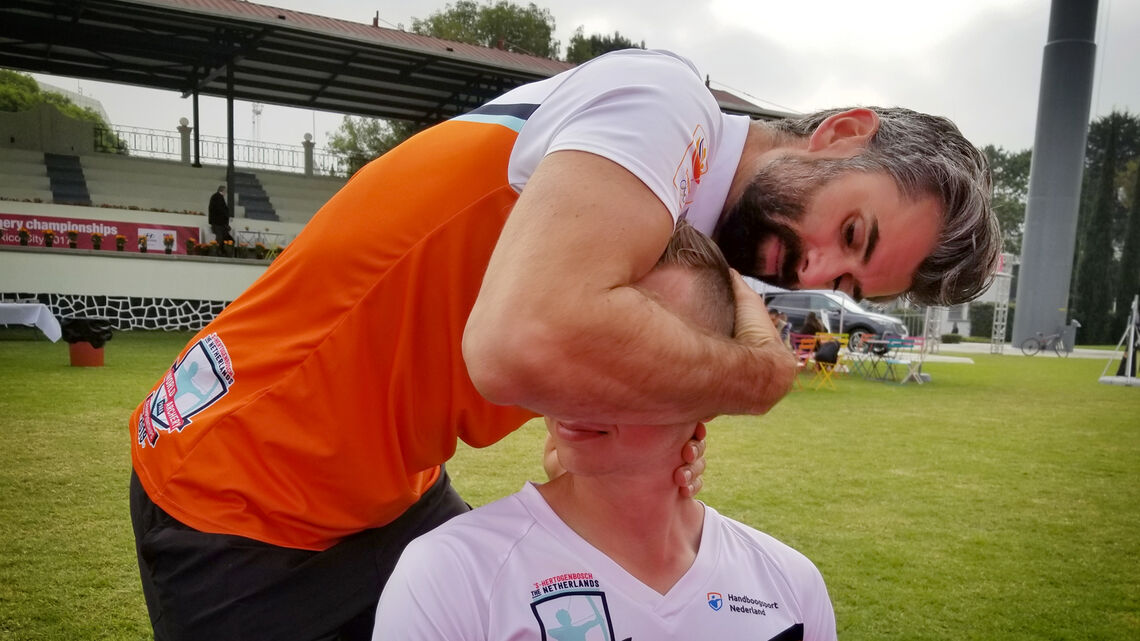
As elite archery becomes more professional, so to does the growing support staff around a world-class team in the sport. One key member of the squad is the physiotherapist.
A familiar and very friendly face on the international circuit, Kim Jin Taek has been working with the Korean archery team for the last the seven years.
His job is anything but a regular nine-to-five.
“I live alongside the athletes at the National Training Centre throughout the year,” said Kim. “I wake up to run at six in the morning with the athletes, then ensure everyone is feeling good before training and work with any athletes that have issues.”
“When our archers are shooting, I’m there just in case any athlete needs my help.”
On Mondays, Wednesdays, and Fridays, Kim guides the athletes with their weight training programs, with time dedicated to therapy after dinner at 19h00.
“My day starts at six and ends at around nine,” said Kim.
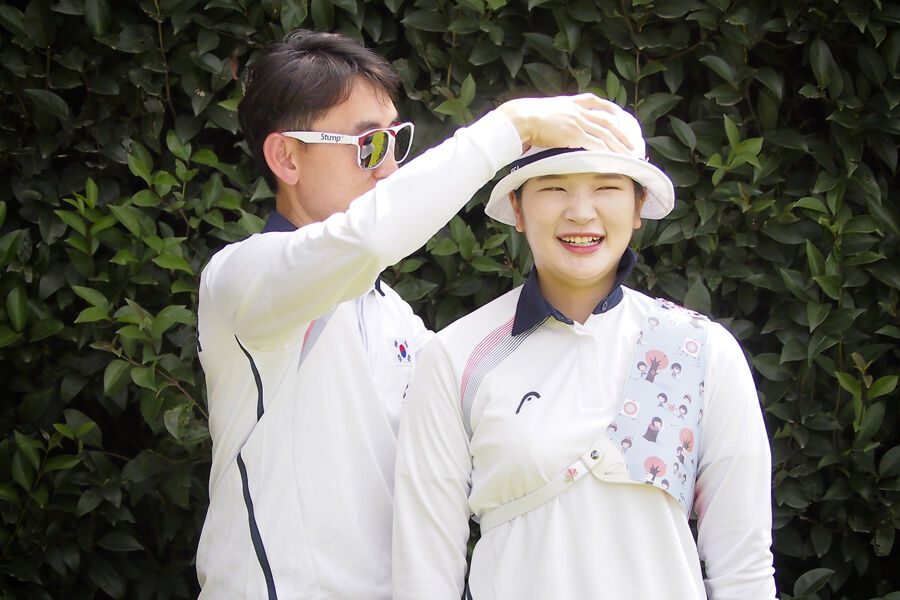
There still aren’t many teams with dedicated, full-time physiotherapists like Jin Taek – and most medical staff that work with archers have wide and varied backgrounds.
“I’ve previously worked with soccer, baseball and rally,” said German team physio Felix Rinke. “Surprisingly, rally drivers and archers have similar needs since there is a lot of strain on the athletes’ shoulders.”
Much of an archery physiotherapist’s work revolves around injury prevention.
Avoiding repetitive strain, drawing-side shoulder problems is key and teams focus on core strength and scapular stability to minimise the potential for any injuries to occur.
The medical staff also deal with neck and back pain, among other nicks, that occur throughout a long year of training and competition using techniques such as soft tissue release, joint mobilisation and stretching.
Not all of a physio’s job is… well, physical.
“I just want [the archers] to feel good,” said Stijn Haverkamp, who has been with the Dutch squad since the 2015 European Games in Baku, Azerbaijan.
“It’s my job to give them support and encouragement so that they can shoot well. It’s not just about injury treatment. I’ll help with water, food or anything else so that they can focus on the competition.”
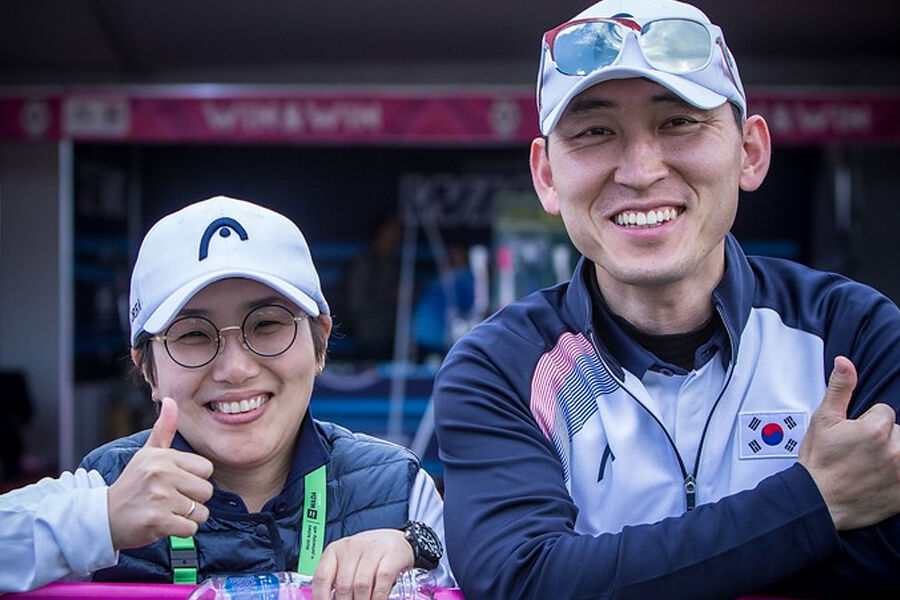
Jin Taek, who’s often seen operating Korea’s team video camera from the spectator area, agreed.
“The athletes confide in me, too. Whether it be issues at home or with relationships, and we talk about things while I treat them,” he said.
“Often times, they will tell me things that they just aren’t able to share with others. I really value their trust in me.”
That internal team support is often critical in athletic success.
“It’s most rewarding when an athlete you’ve worked with does well. After a competition, a small hand-written letter or message from them thanking me for helping them really gives me strength,” Jin Taek added.
The role that these medical staff have in an archery team is undeniable – and will continue to grow with professionals like Kim, Rinke and Haverkamp behind the shooting line.
